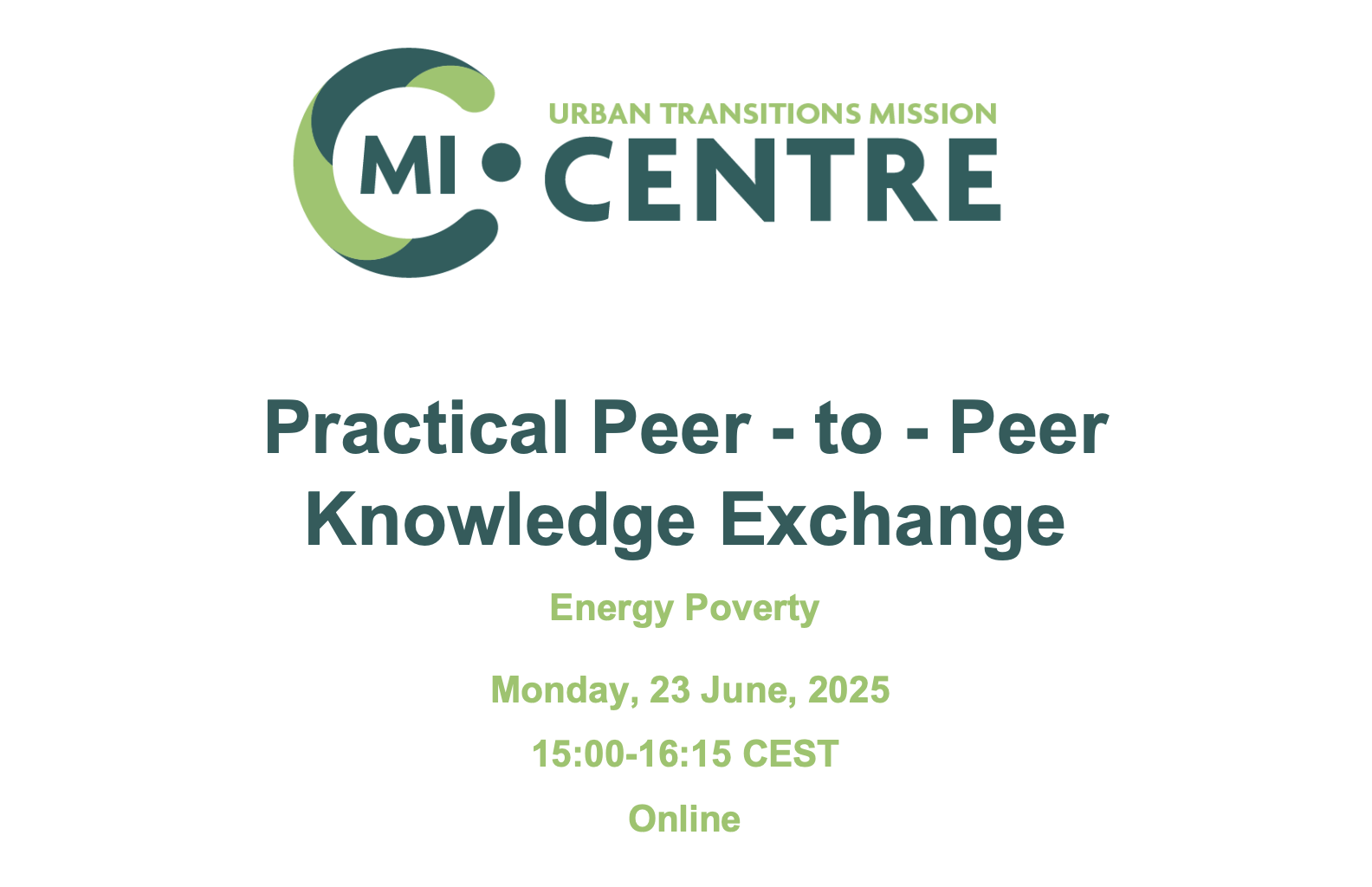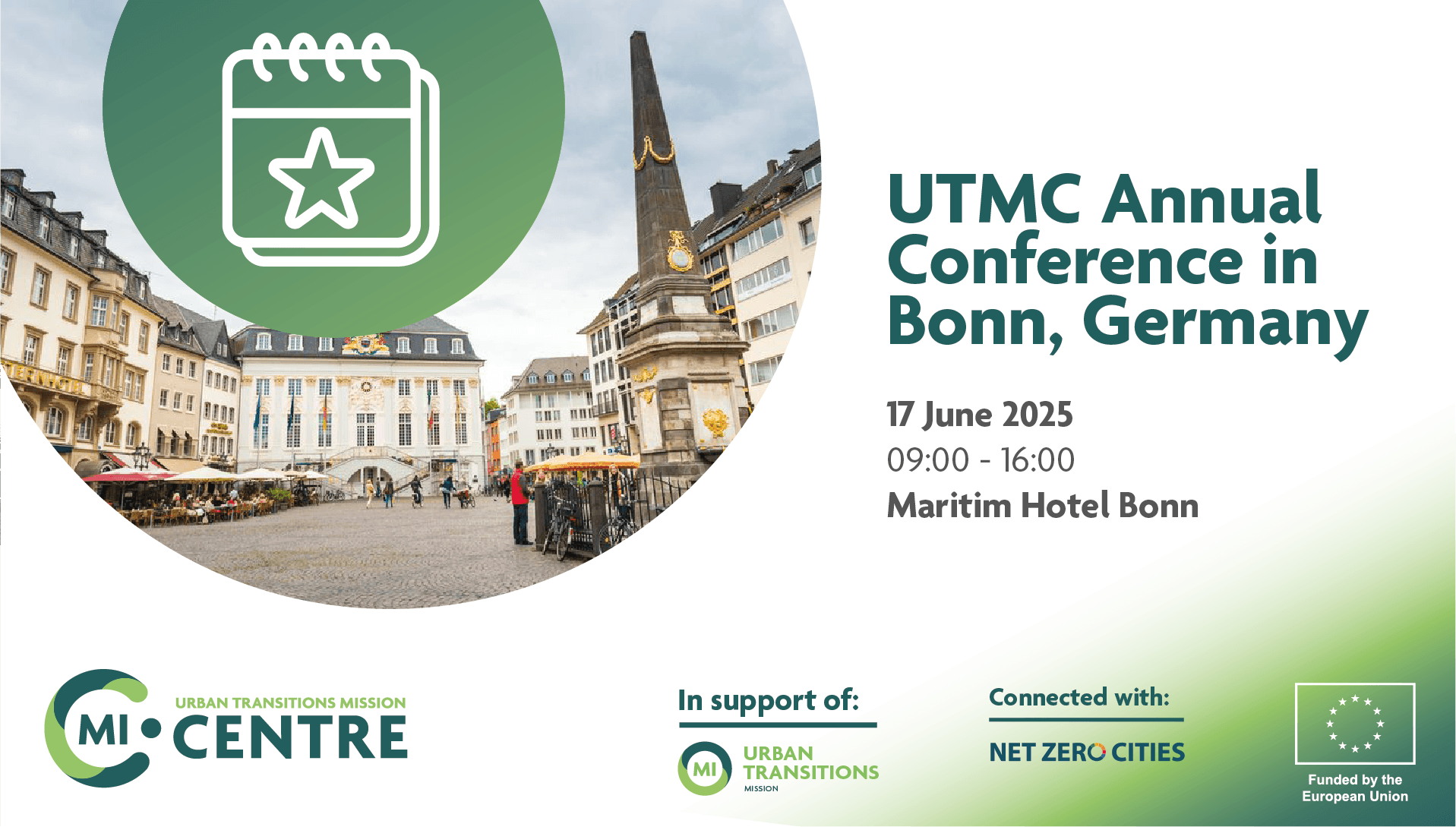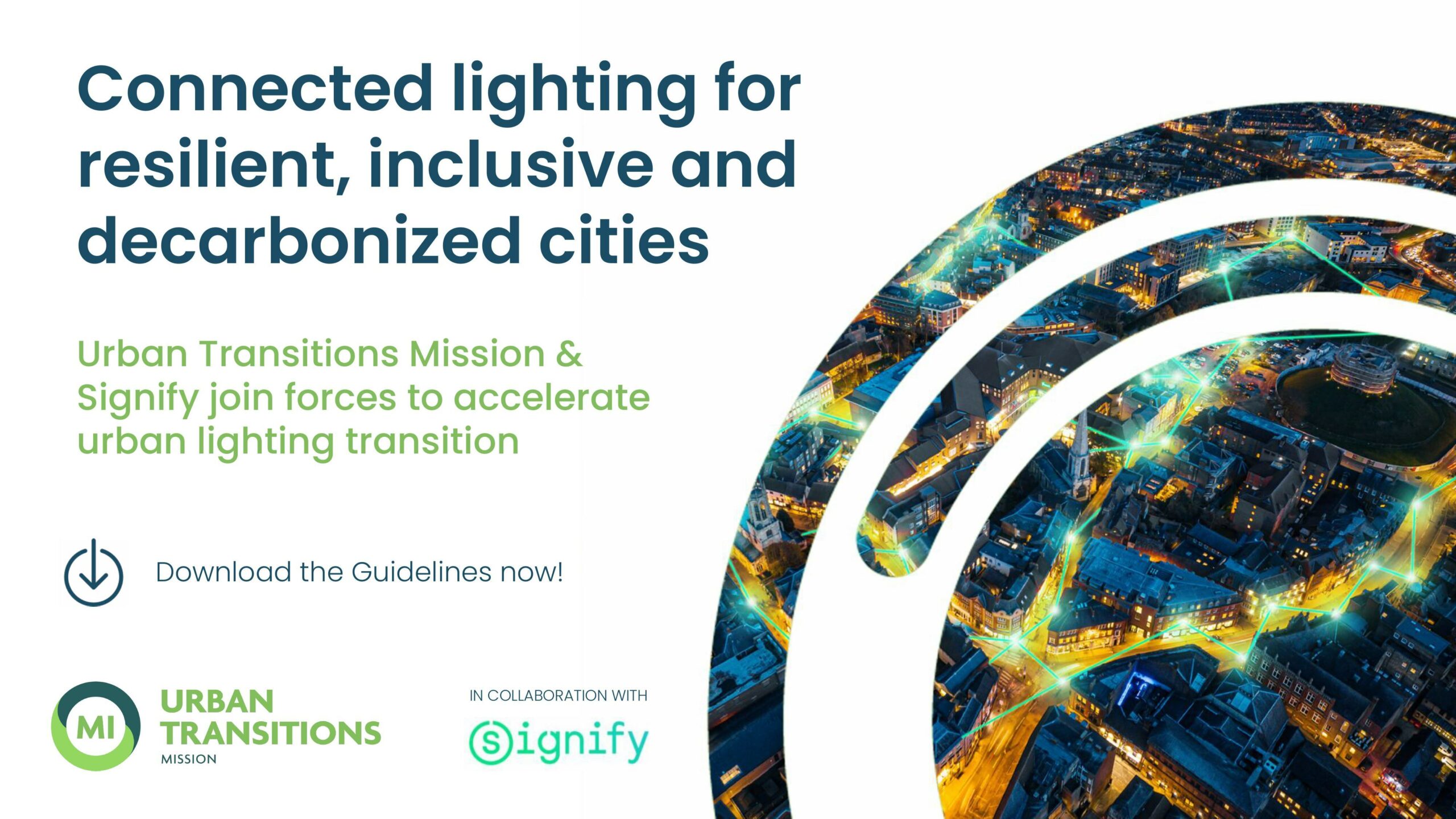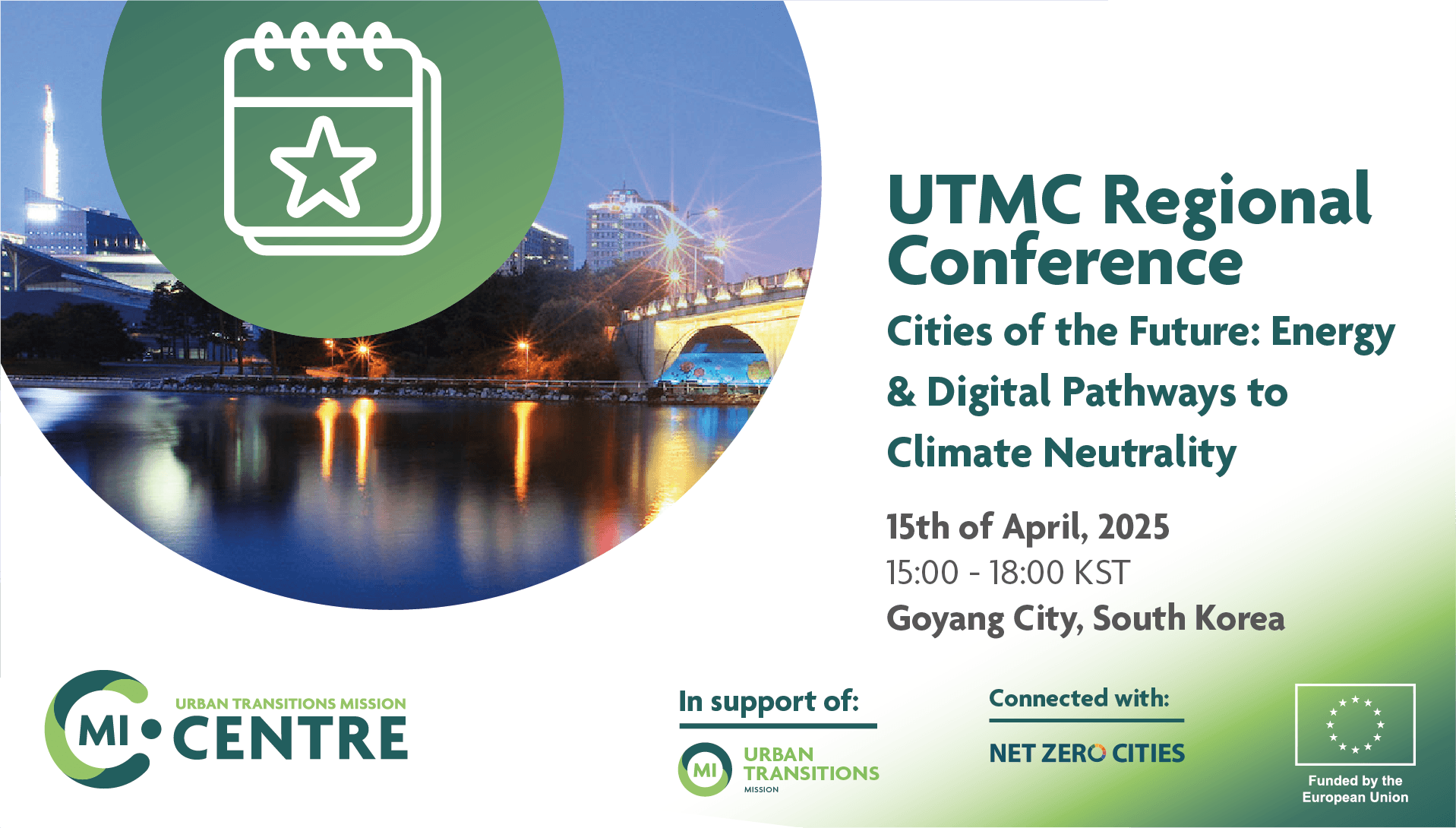Transportation in cities is not only a major contributor to Greenhouse Gas (GHG) emissions, but it is also one of the most difficult sectors to transform. Lack of data related to transportation emissions combined with a limited access to tools and knowledge for the analysis, planning, and creation of innovative sustainable transport plans and policies constraints around resources of municipalities for data analysis and management are only some of the challenges that cities across the world face.
To address this challenge, The Urban Transitions Mission (UTM) has joined forces with Google’s EIE to empower cities to analyze and optimize access and use of data. The new guide “Urban Transition Mission & Environmental Insights Explorer Join Forces: Data and Insights to Inform, Action and Monitor Local Mobility Policies,” launched during the Multilevel Action, Urbanization, and Built Environment / Transport Day at the 28th Conference of the Parties (COP28), aims to provide cities within the UTM cohort and cities globally access to invaluable insights offered by Google’s Environmental Insights Explorer (EIE), to support cities in designing, strengthening, and implementing evidence-based sustainable mobility plans and strategies through reliable data.
The guide aims to help cities of the UTM cohort have easy and guided access to Google’s EIE platform, leveraging its available tools, visualizations, and data sources. Drawing on the experiences of several UTM cities, including Belo Horizonte (Brazil), Greater Manchester (UK), and Aarhus (Denmark), the guide also shares valuable lessons learned from the challenges identified by the city cohort, including a lack of transportation emissions data, incomplete greenhouse gas inventories, and limited access to data analysis tools.
Through this guide and collaboration, UTM seeks to amplify the city cohort’s ability to create solutions that can be replicated and scaled by cities worldwide, contributing to a robust knowledge base and fostering a resilient net-zero community through innovation.






